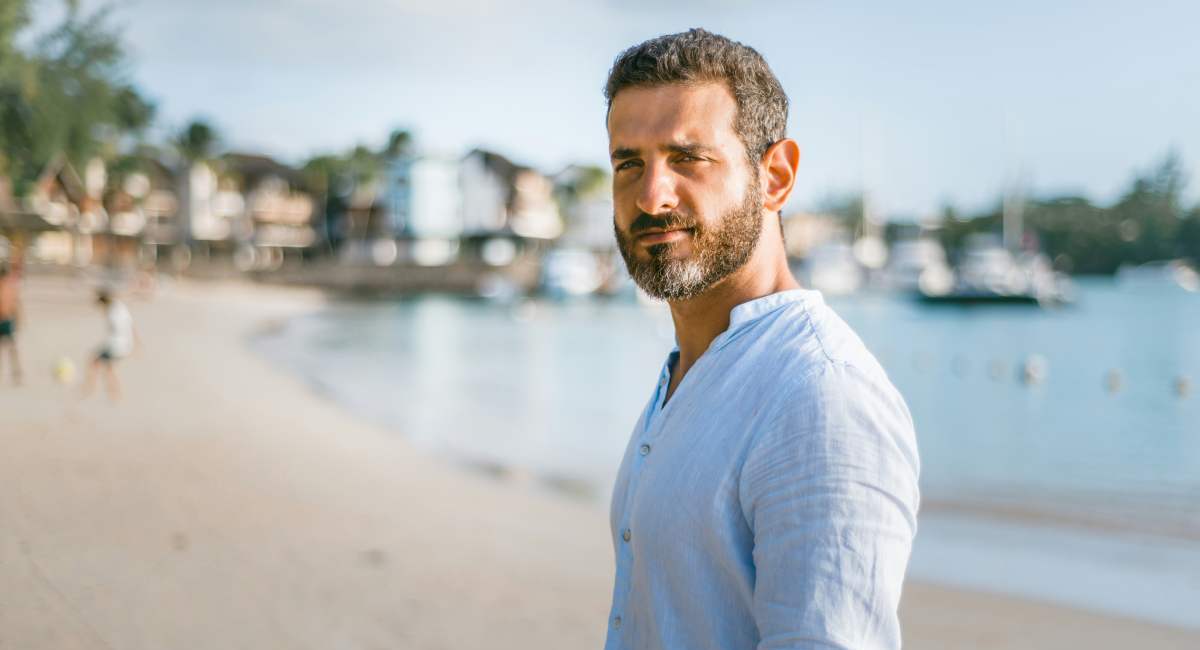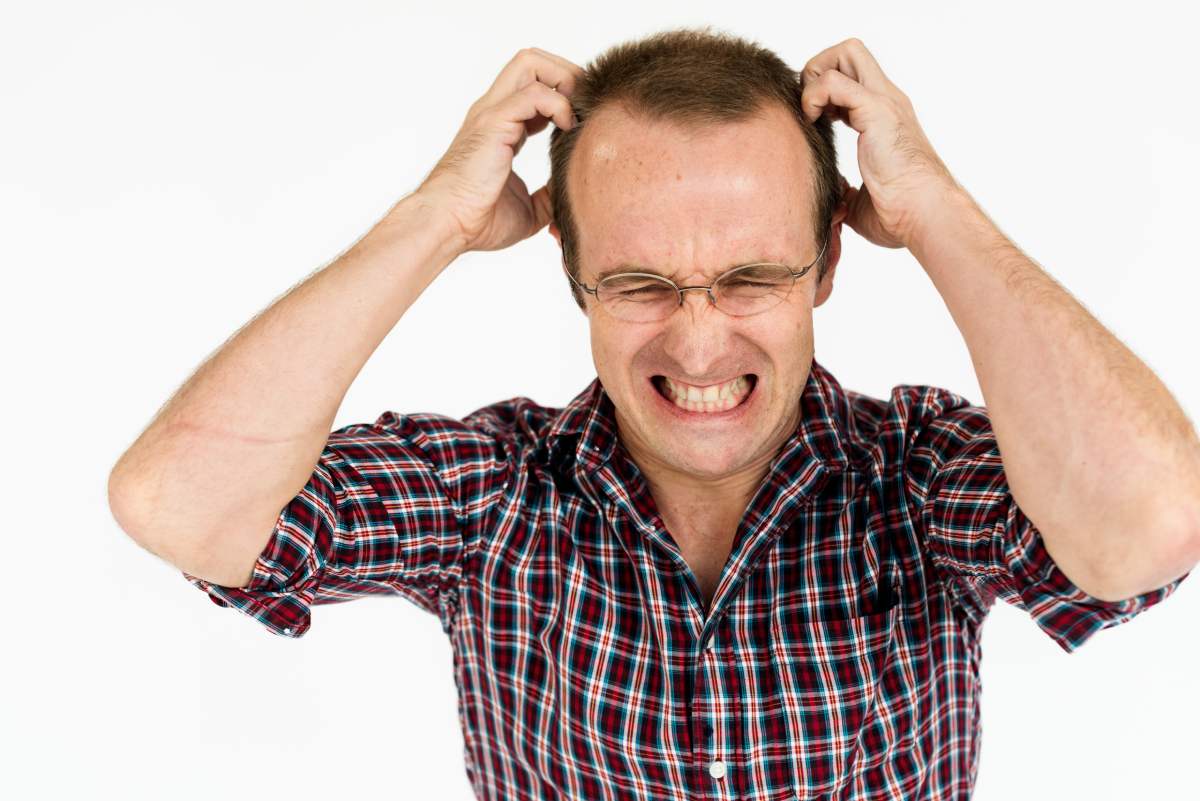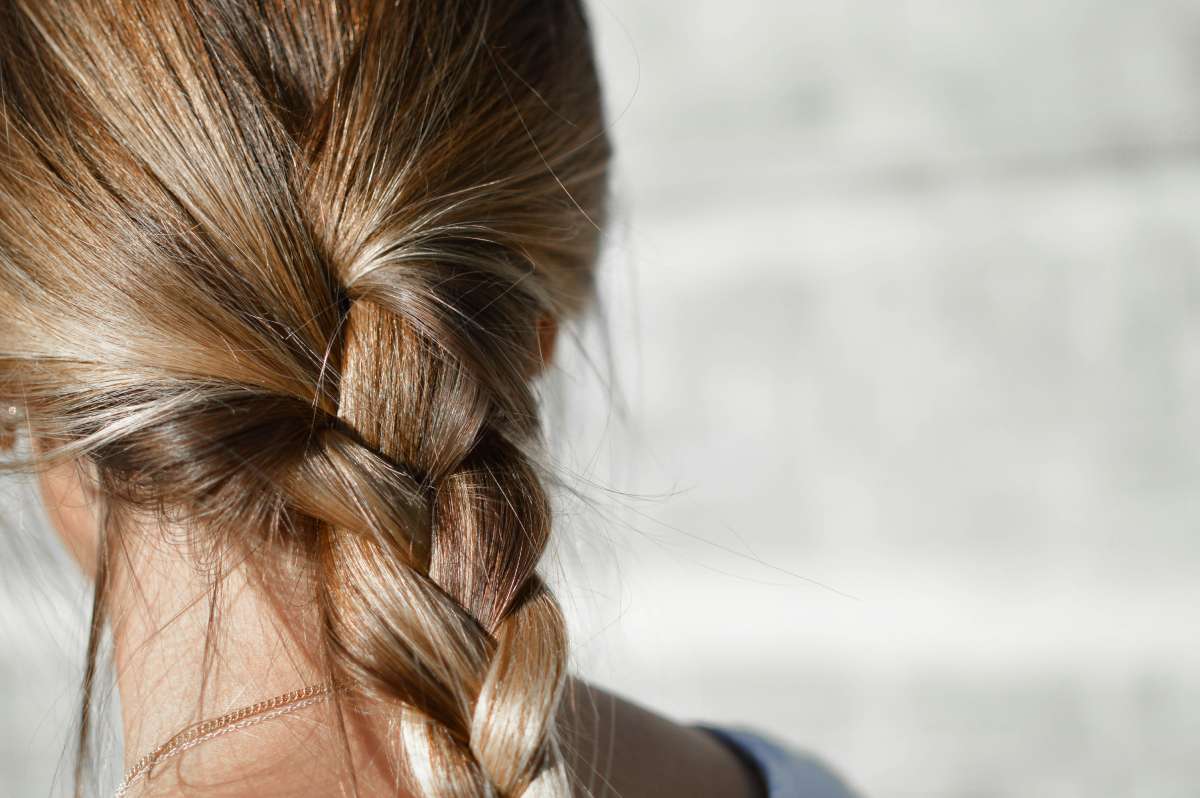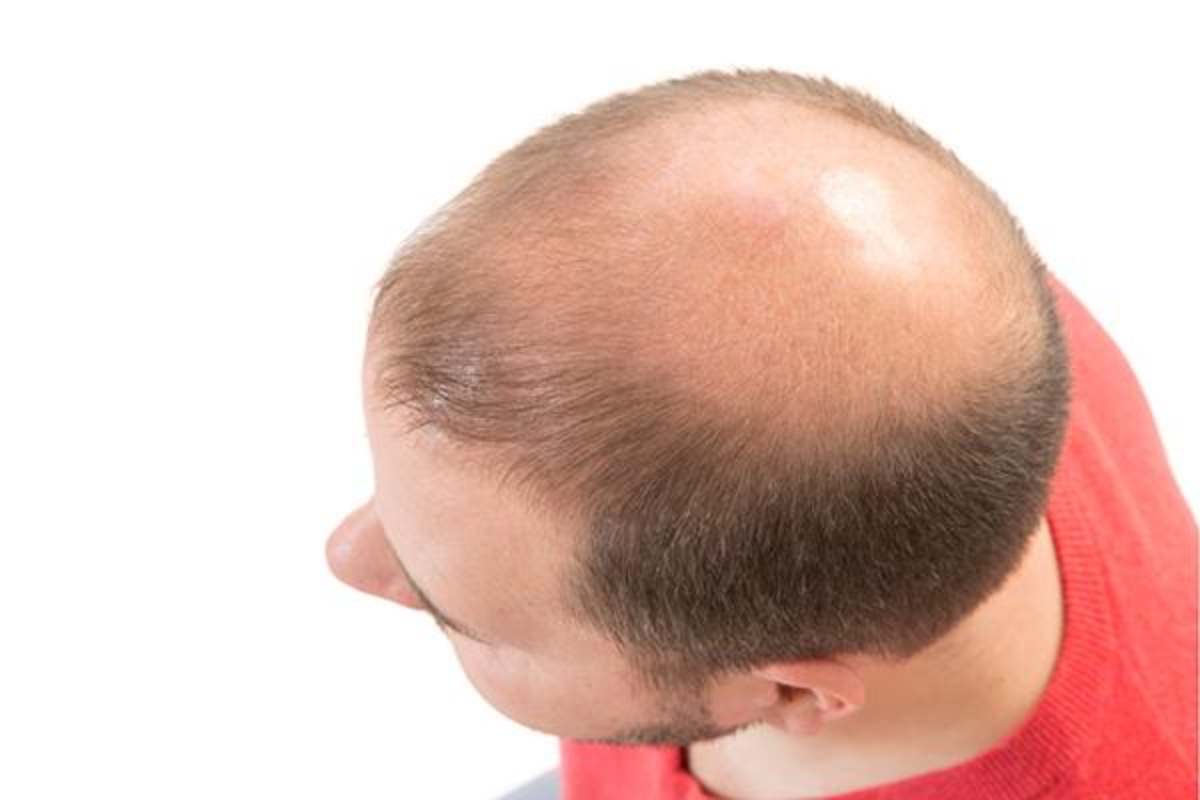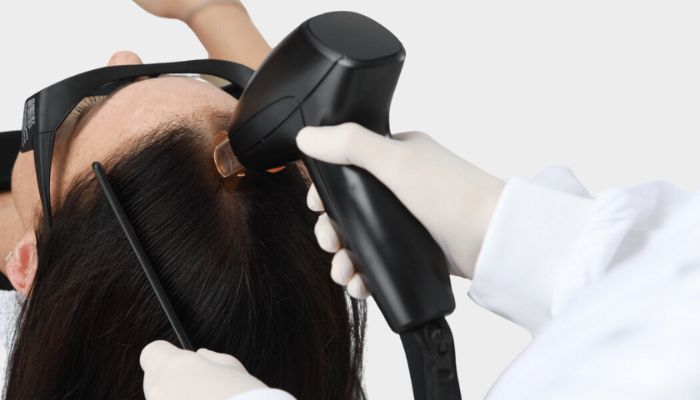What you eat can have a big impact on all aspects of your body and health, including your hair. Foods with the proper vitamins and minerals are one of the best ways to keep your body firing on all cylinders and ensuring that you remain healthy and in proper shape.
In addition to causing other health issues, when you don’t eat well your hair can also suffer the consequences. A lack of proper vitamins and minerals, as well as eating too many fatty and unhealthy foods, can cause the hair to become weak and can lead to some hair loss. To keep your hair strong and shiny, it’s important to eat a balanced diet with the right nutrients.
Important Nutrients for Hair Health
Everyone knows that eating the right number of vitamins, minerals, and proteins will help your body thrive and perform as efficiently as possible, but which foods should you be eating to help promote healthy hair?
While everyone should be eating a well-balanced diet, we all know that it’s not always possible. But finding a way to incorporate the proper proteins, vitamins and minerals into your diet will help produce strong, healthy hair.
Here’s a rundown of foods you can incorporate into your diet (if not doing so already) to help give you the healthiest hair possible.
Proteins
Proteins are very important for your hair. Your hair is made mostly of a protein called keratin. If you don’t get enough protein in your diet, your hair can become brittle and fall out. Good sources of protein include fish, chicken, beef, eggs, tofu, beans, and nuts. Collagen is a popular supplement that supplies specific amino acids (proline, glycine, lysine, and hydroxyproline, which may help hair growth) and is another way to boost your protein intake.
Iron
Iron is a mineral that helps carry oxygen in your blood to your hair. Without enough iron, your hair can become weak and fall out. Foods rich in iron include red meat, spinach, and lentils. A lack of iron in your body can also cause you to develop a condition called anemia, which can cause hair loss if not treated properly.
Vitamins
There are several different vitamins are essential for healthy hair:
- Vitamin C: This vitamin helps your body absorb iron and produces collagen, which makes your hair strong. You can find Vitamin C in any citrus fruit like oranges, strawberries, and most colorful vegetables like bell peppers.
- Biotin (Vitamin B7): Biotin helps your hair grow and keeps it strong. Foods rich in biotin include eggs, almonds, and sweet potatoes.
- Vitamin B12: This vitamin helps make red blood cells, which carry oxygen to your hair. Vitamin B12 is only found naturally in animal sources like meat and dairy products. If you are vegan or avoid animal products you will need to take a supplement or eat food fortified with B12 like packaged cereal.
Zinc
Zinc is another important mineral for hair health. It helps repair hair tissue and keeps the oil glands around your hair follicles working properly. Foods high in zinc include meat, shellfish, and pumpkin seeds.
Dietary Tips for Healthy Hair
To keep your hair healthy, you need to eat a balanced diet that includes all the right nutrients. Here are some tips to help you get started:
- Eat a good breakfast: Your hair cells need energy to grow, and breakfast gives you the energy you need. Try to eat a meal that includes protein and complex carbohydrates, like whole grain toast with eggs.
- Include protein in every meal: Protein is essential for hair health, so make sure to include it in every meal. You can have fish, chicken/meat, tofu, beans/legumes, eggs or nuts.
- Balance your diet: Make sure you eat a variety of foods to get all the nutrients you need. This includes fruits, vegetables, whole grains, proteins, and healthy fats. Last year, Dr. Krejci mentioned her colleague Dr. Zoe Draelos who tells patients to “eat a rainbow” every day.
Common Hair Concerns and Nutrition
Hair Shedding and Thinning
If you notice your hair is shedding or thinning, it could be because of your diet. A lack of protein, iron, or other nutrients can cause your hair to fall out. By improving your diet, you can help stop hair loss and make your hair stronger.
The Role of Supplements
Sometimes, it’s hard to get all the nutrients you need from food alone. Supplements can help fill in the gaps. For example, if you don’t eat enough iron-rich foods, an iron supplement can help. But it’s always best to talk to a doctor before starting any new supplements.
And while supplements can help to fill in the gaps in nutrients you might be missing in your diet, in most cases adjusting your diet to include foods that contain those nutrients is always a better option than supplements.
Keeping Your Hair Healthy Through a Proper Diet
Your diet plays a huge role in the health of your hair. By eating a balanced diet rich in proteins, vitamins, and minerals, you can keep your hair strong and healthy.
Remember to eat a good breakfast, include protein in every meal, and balance your diet with a variety of foods. If you’re having trouble getting enough nutrients from your diet alone, talk to your doctor about supplements.
Taking care of your hair from the inside out is the best way to ensure it stays strong and healthy. By following these tips and eating a nutrient-rich diet, you can help prevent hair loss and keep your hair looking its best.


